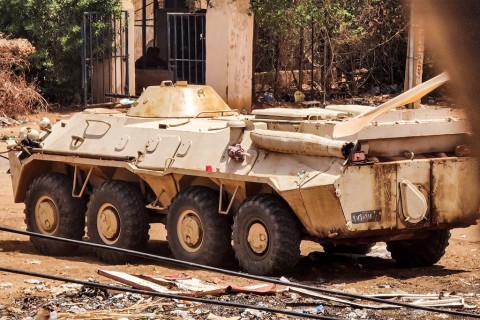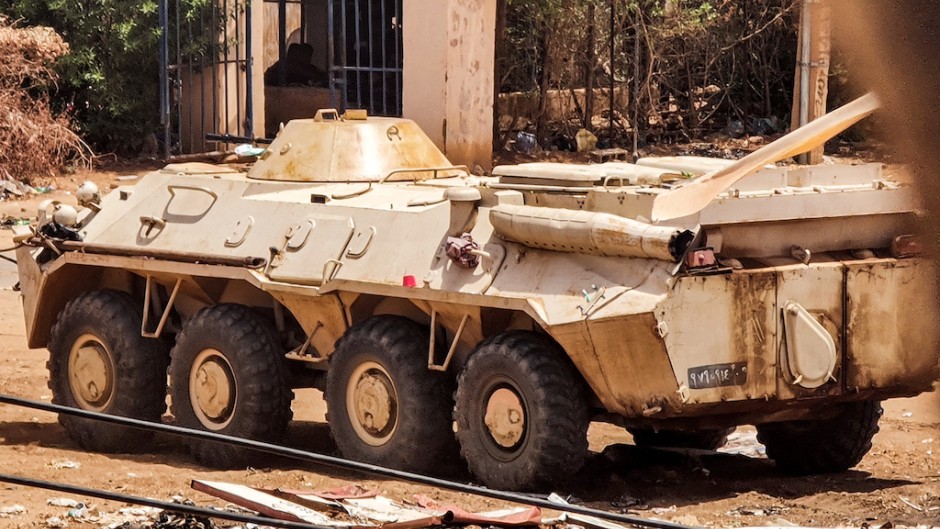
KHARTOUM - Shelling and gunfire resumed on Sunday in the Sudanese capital, witnesses said, at the end of a 24-hour ceasefire that had given civilians rare respite from nearly two months of war.
Deadly fighting has raged in the northeast African country since mid-April, when army chief Abdel Fattah al-Burhan and his former deputy Mohamed Hamdan Daglo, who commands the paramilitary Rapid Support Forces (RSF), turned on each other.
The latest in a series of ceasefire agreements enabled civilians trapped in the capital Khartoum to venture outside and stock up on food and other essential supplies.
But only 10 minutes after it ended at 6am on Sunday, the capital was rocked again by the sound of shelling and clashes, witnesses told AFP.
Heavy artillery fire was heard in Khartoum and its twin city Omdurman to the north, and fighting also erupted on Al-Hawa Street, a major artery in the south of the capital, the witnesses said.
Multiple truces have been agreed and broken since the fighting started, and Washington had slapped sanctions on both rival generals after the last attempt collapsed at the end of May.
The latest nationwide ceasefire was announced by US and Saudi mediators who warned they may break off mediation efforts.
READ: 'No woman feels safe' | Sexual violence rampant in Sudan war
"Should the parties fail to observe the 24-hour ceasefire, facilitators will be compelled to consider adjourning" talks in the Saudi city of Jeddah which have been suspended since late last month, the mediators said on Saturday.
The mediators said they "share the frustration of the Sudanese people about the uneven implementation of previous ceasefires".
Upwards of 1,800 people have been killed in the fighting, according to the Armed Conflict Location and Event Data Project.
Nearly two million people have been displaced, including 476,000 who have sought refuge in neighbouring countries, the United Nations says.

